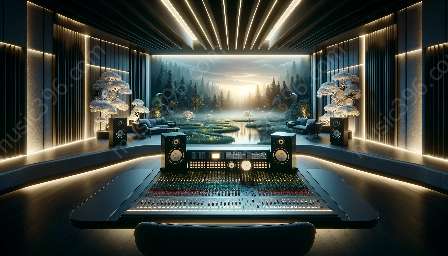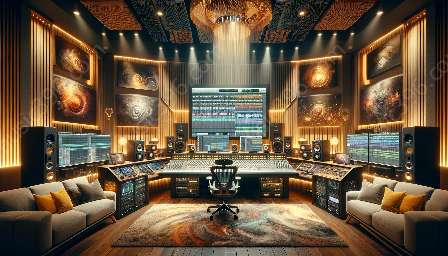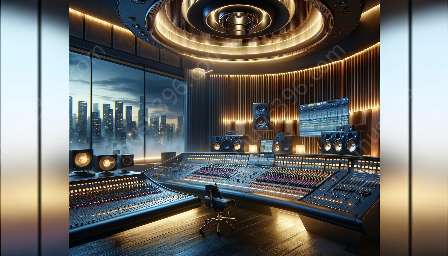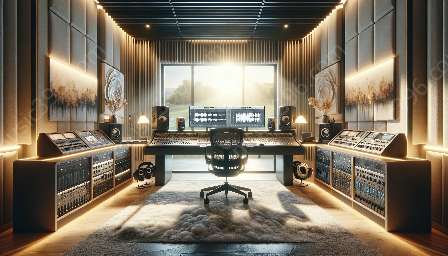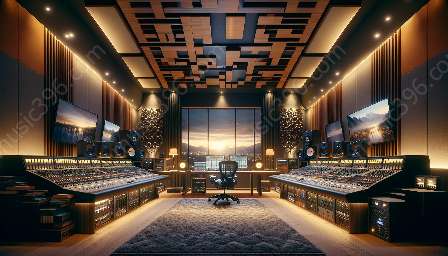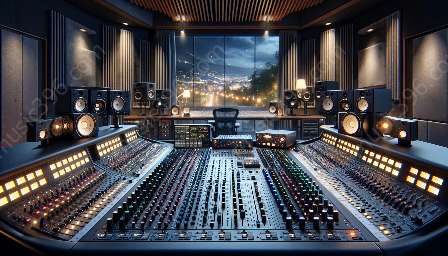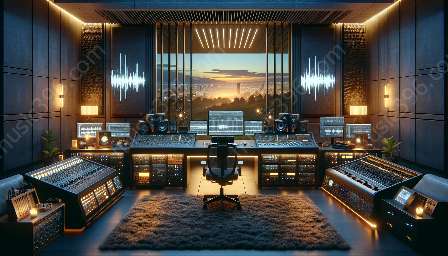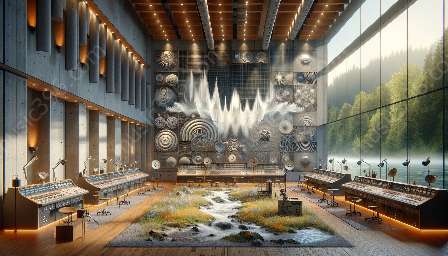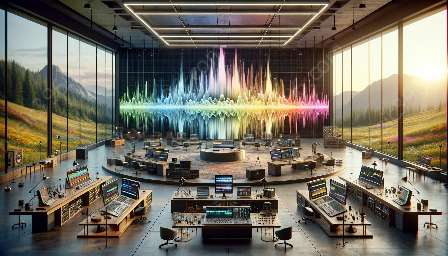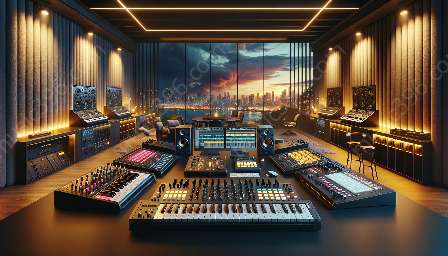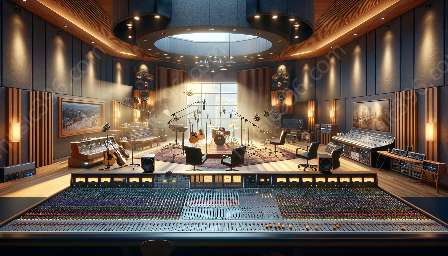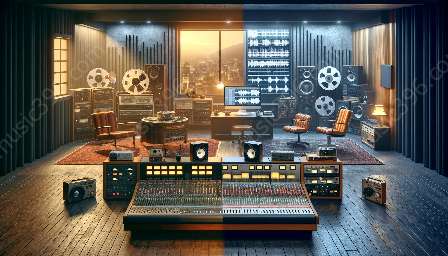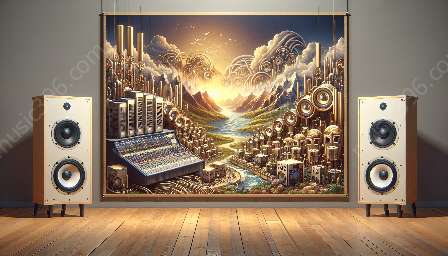In the world of studio production and sound engineering, remote recording and collaboration have become increasingly important. As technology continues to advance, musicians, producers, and engineers now have the ability to work together from different locations, breaking down geographical barriers and expanding opportunities for creative collaboration.
Remote recording and collaboration in studio production involve various aspects, including the use of specialized tools and techniques to achieve high-quality results. This topic cluster explores the ways in which remote recording and collaboration intersect with studio production techniques and sound engineering, providing a comprehensive guide to navigating this evolving landscape.
Understanding Remote Recording and Collaboration
Remote recording and collaboration encompass the processes and technologies used to facilitate the creation of music, audio, and other forms of media production when the participants are not physically present in the same location. This can involve real-time collaboration or asynchronous work, and may encompass a range of activities such as recording, mixing, editing, and mastering. The use of remote recording and collaboration has implications for traditional studio production techniques and sound engineering practices, creating new opportunities and challenges for professionals in these fields.
Virtual Recording Techniques
One of the key components of remote recording and collaboration is the use of virtual recording techniques. These techniques enable musicians and vocalists to record their parts remotely, often from the comfort of their own homes or other remote locations. This may involve setting up a home recording studio, using portable recording devices, or even utilizing smartphone apps to capture audio. Understanding the best practices for virtual recording is crucial in achieving high-quality results, and this often involves the use of specific studio production and sound engineering techniques tailored for remote recording environments.
Tools and Technology for Remote Collaboration
The technology behind remote collaboration in studio production and sound engineering is vast and constantly evolving. From dedicated remote recording platforms to video conferencing and cloud-based file sharing, there are numerous tools available to facilitate remote collaboration. Understanding how to use these tools effectively, while maintaining the standards of studio production and sound engineering, is essential for professionals seeking to adapt to this new way of working.
Integrating Remote Recording with Studio Production Techniques
Bringing remote recording and collaboration into the realm of studio production requires a thoughtful approach. This involves integrating remote recordings with traditional studio production techniques to ensure a cohesive and polished end result. Techniques such as multi-track recording, signal processing, and mixdown must be adapted to accommodate remote recordings, while preserving the artistic and sonic integrity of the music or audio production.
Challenges and Considerations
As with any new frontier, remote recording and collaboration present unique challenges and considerations for studio production and sound engineering. These may include technical limitations, communication hurdles, and the need for specialized skills to manage remote sessions effectively. Understanding these challenges and knowing how to address them is paramount for professionals looking to excel in this evolving landscape.
Future Trends and Innovations
Looking ahead, it's clear that remote recording and collaboration will continue to shape the future of studio production and sound engineering. As technology advances, we can expect to see new innovations that further enhance the capabilities and possibilities of remote collaboration. This may include advancements in virtual reality, artificial intelligence, and decentralized production processes, offering exciting opportunities for creative collaboration and sonic exploration.
Conclusion
Remote recording and collaboration have significantly transformed the landscape of studio production and sound engineering. This topic cluster provides a comprehensive exploration of the key concepts, techniques, and considerations involved in remote recording and collaboration, offering valuable insights for professionals seeking to navigate this dynamic and ever-evolving terrain.

